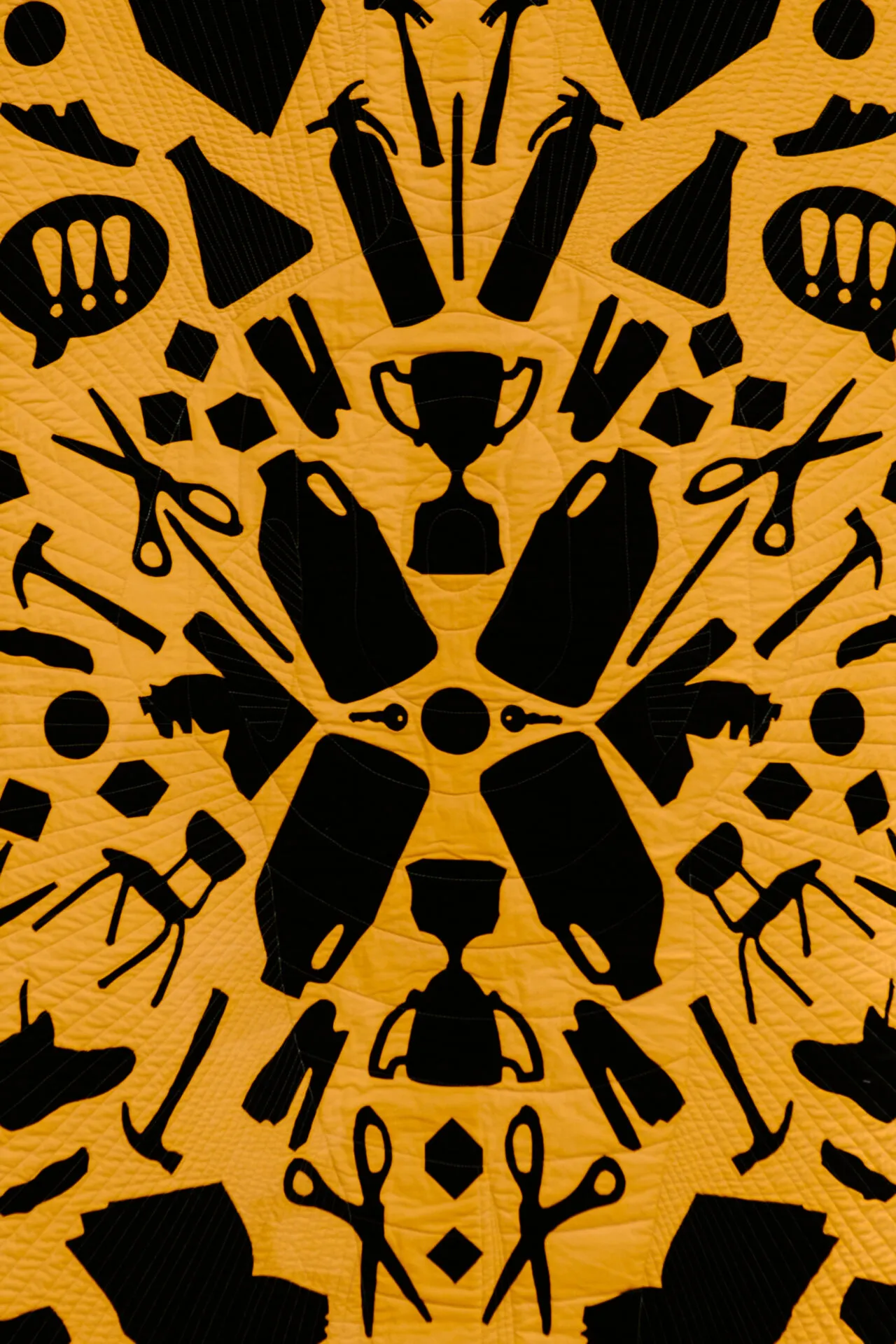In October, Ring launched Search Party, an on-by-default feature that links together Ring cameras in a neighborhood and uses AI to search for specific lost dogs, essentially creating a networked, automated surveillance system. The feature got some attention at the time, but faced extreme backlash after Ring and Siminoff promoted Search Party during a Super Bowl ad. 404 Media obtained an email that Siminoff sent to all Ring employees in early October, soon after the feature’s launch, which said the feature was introduced “first for finding dogs,” but that it or features like it would be expanded to “zero out crime in neighborhoods.”
Decay
The world is in water bankruptcy, UN scientists report
theconversation.comWater bankruptcy is not just a metaphor for water deficit. It is a chronic condition that develops when a place uses more water than nature can reliably replace, and when the damage to the natural assets that store and filter that water, such as aquifers and wetlands, becomes hard to reverse.
What We Will Use as Weapons
quiltfolk.comA Website To Destroy All Websites
henry.codesMonolithic platforms like YouTube, TikTok, Medium, and Substack draw a ton of creators and educators because of the promise of monetization and large audiences, but they’ve shown time and time again how the lack of ownership creates a problem. When those platforms fail, when they change their rules, when they demand creators move or create a particular way to maintain their access to those audiences, they pit creators or their audiences against the loss of the other. Without adhering to the algorithm’s requirements, writers may not write an impactful document, and without bypassing a paywall, readers can’t read it.
When those promises of exorbitant wealth and a life of decadence through per-click monetization ultimately dry up (or come with a steep moral or creative cost), creators and learners must look for new solutions for how educational content is shared on the Internet. The most self-evident, convivial answer is an old one: blogs. HTML is free to access by default, RSS has worked for about 130 years[citation needed], and combined with webmentions, it’s never been easier to read new ideas, experiment with ideas, and build upon & grow those ideas with other strong thinkers on the web, owning that content all along.
The Validation Machines
theatlantic.comThe more these systems anticipate and deliver what we want, the less we notice what’s missing—or remember that we ever had a choice in the first place. But remember: If you’re not choosing, someone else is. And that person is responding to incentives that might not align with your values or best interest.
How to Tell the Difference Between a Lone Wolf and a Coordinated Effort by the Radical Left
mcsweeneys.netIf a Democratic lawmaker and her husband are gunned down, it’s an isolated incident carried out by a lone wolf.
If a right-wing activist is gunned down, it’s part of a coordinated effort by the radical left to incite violence.
goodbye, computer
youtube.comInternet detectives are misusing AI to find Charlie Kirk’s alleged shooter
theverge.comEarlier today, the FBI shared two blurry photos on X of a person of interest in the shooting of right-wing activist Charlie Kirk. Numerous users replied with AI-upscaled, “enhanced” versions of the pictures almost immediately, turning the pixelated surveillance shots into sharp, high-resolution images. But AI tools aren’t uncovering secret details in a fuzzy picture, they’re inferring what might be there — and they have a track record of showing things that don’t exist.
The Last Days Of Social Media
noemamag.comThe problem is not just the rise of fake material, but the collapse of context and the acceptance that truth no longer matters as long as our cravings for colors and noise are satisfied. Contemporary social media content is more often rootless, detached from cultural memory, interpersonal exchange or shared conversation. It arrives fully formed, optimized for attention rather than meaning, producing a kind of semantic sludge, posts that look like language yet say almost nothing.
We’re drowning in this nothingness.
YouTube Ads At Their Best
youtube.comUnhinged script, mannerisms that don’t reflect the words, and the usual AI artefacts. The fuck did I just watch?
Edit: I’m not even sure what this was trying to scam. Linked through to a website with a loooong video of “celebrities” talking about erections. No links.
Lorde’s new CD is so transparent that stereos can’t even read it
theverge.comLorde fans are clearly struggling to play the CD version of her new album. Customers who purchased the special edition of Virgin released on a transparent plastic disc are reporting on Reddit and TikTok that many CD players, car stereos, and other sound systems they’ve tried are unable to play it.
Tassie Government Blows Up Because Pussy Mainlanders Can’t Play Footy Outside In The Cold
betootaadvocate.comProximity to Golf Courses and Risk of Parkinson Disease
jamanetwork.comThis case-control study found the greatest risk of PD within 1 to 3 miles of a golf course, and that this risk generally decreased with distance. Effect sizes were largest in water service areas with a golf course in vulnerable groundwater regions.
Pro-AI Subreddit Bans ‘Uptick’ of Users Who Suffer from AI Delusions
404media.co“LLMs [Large language models] today are ego-reinforcing glazing-machines that reinforce unstable and narcissistic personalities,” one of the moderators of r/accelerate, wrote in an announcement. “There is a lot more crazy people than people realise. And AI is rizzing them up in a very unhealthy way at the moment.”
How I shorted $TRUMP coin (and got to have dinner with the President)
theverge.comYes, he did The Big Short, except with Donald Trump’s meme coin. “Bet you 10 percent of dinner participants are doing this,” he told me before the contest ended. “Everyone knows $TRUMP price will fall inevitably as more supply comes online in the future and gets dumped on retail.”
When I spoke to him again after the dinner, he told me that “the majority of people I spoke with, particularly the crypto traders and folks who are very close to the crypto ecosystem, are like, ‘Yeah, I dumped this. I already sold the coin.’”




